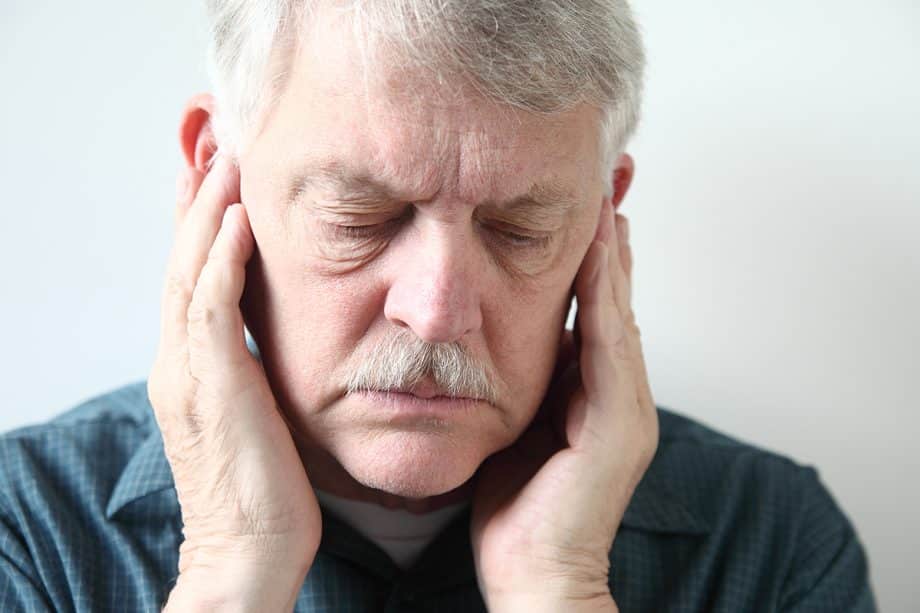TMJ, or temporomandibular joint syndrome, is a painful yet common condition affecting many oral surgery patients. The exact source of TMJ pain may be difficult to pinpoint, but some possible causes include jaw injury, arthritis, and genetics.
Symptoms of TMJ
If you have this debilitating condition, you may experience throbbing, aching, or radiating pain in your jaw, eyes, ears, teeth, cheeks, throat, and forehead. The condition can also affect your neck and shoulders.
You may hear or feel strange pops and clicks when you open your mouth. Your jaw may feel locked. It may be hard for you to chew, and your jaws may feel tight.
Possible Causes of TMJ
The exact mechanism of TMJ is not fully understood, but oral surgeons and physicians have identified the following triggers and risk factors:
Arthritis
Arthritis is one of the top risk factors for TMJ syndrome. This condition causes chronic inflammation and the deterioration of cartilage in the joint. It can also hamper the free movement of the jaw.
Jaw Injuries
Any jaw injury can trigger TMJ syndrome. Falls, blows to the face, or whiplash can inflame the joint or dislodge the disk inside. TMJ sometimes develops in patients who have incurred sports injuries or were involved in car accidents.
Bruxism
While many people with chronic bruxism (teeth grinding) develop TMJ, others never do. Bruxism can contribute to the severity of TMJ symptoms, worsening the tension and pain in the jaw area.
Treatment Methods
At-Home Care
In many cases, TMJ disorders respond well to at-home supportive care. Here are some activities you should avoid while having a TMJ flare-up:
- Eating hard or chewy foods while your symptoms are at their worst
- Yawning widely, yelling, or singing
- Sitting with poor posture, as this can aggravate already sore muscles
- Chewing cheeks, lips, or non-food objects like pens
- Clenching and grinding your jaws and teeth
Here are several comfort measures you can take to help relax your jaw muscles and reduce pain:
- Warm or cold compresses applied to the jaw
- Gentle jaw exercises
- Meditation, yoga, or hobbies to combat stress
- Concentrate on getting enough sleep
Non-Surgical Treatments
- A dental splint or mouthguard helps to hold the jaws correctly during sleep. The splint helps to prevent involuntary clenching and grinding during the night, which can worsen TMJ symptoms.
- Over-the-counter or prescription medication (muscle relaxants and pain medication)
- Physical therapy, including ultrasound treatment and learning exercises to combat the condition
Surgery
If you receive no relief from other methods, you may need surgery. Our expert oral surgeons have extensive experience in TMJ procedures.
Call Upper West Side Oral & Maxillofacial Surgery
If you suffer from what could be TMJ pain, please call our Manhattan, NY, office at 212-466-6984. We can assess your situation, help relieve your discomfort, and restore your quality of life.


